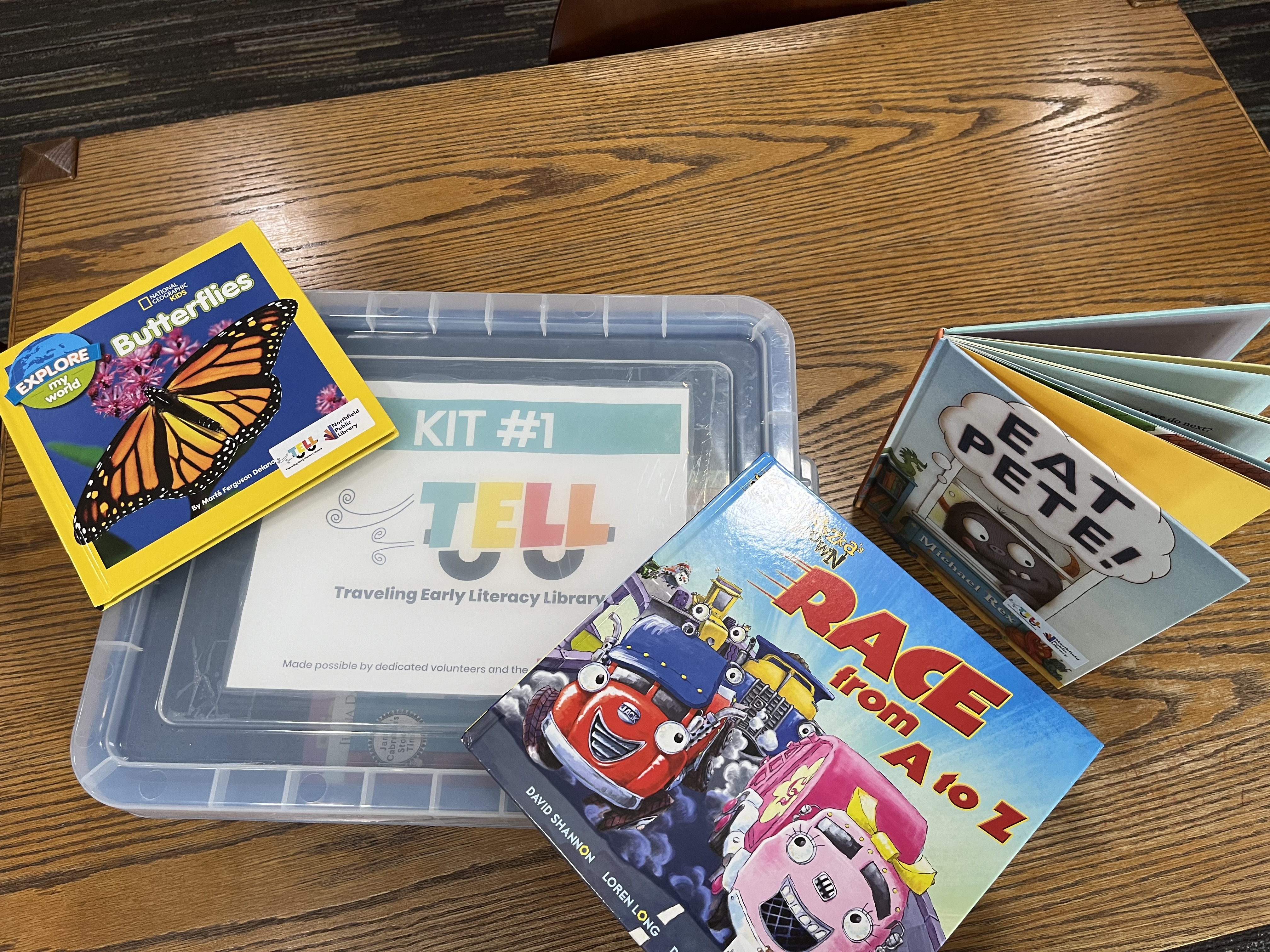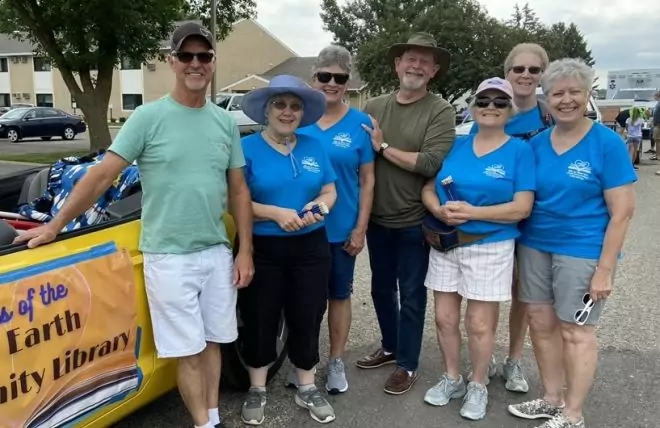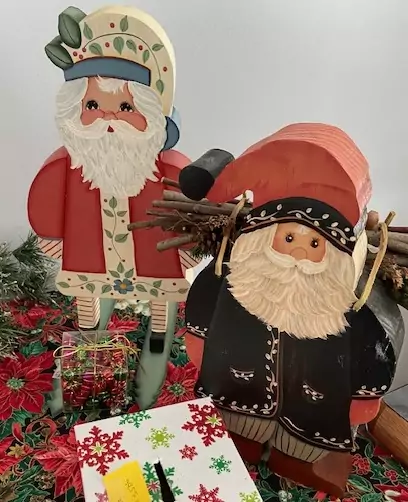Early literacy learning is bedrock to the mission of public libraries. Granted, teaching children to read (and to appreciate its worth) is a tall order, and no library is in a position to go it alone. Fortunately, staff have natural allies in this pursuit, including parents, teachers and tutors. Daycare providers also rank high on this list, as the Friends and Foundation of the Northfield Public Library can attest.
 Where this last partner is concerned, library staff recently reported a troubling disconnect. In-home daycare providers have a demonstrable need for the books and services that Northfield Public Library offers – yet find themselves unable to patronize the library with any regularity. Some cite group transportation as an insurmountable obstacle. Others are blocked by naptime schedules. Still others report a fear that their “charges” will damage items when out on such a field trip.
Where this last partner is concerned, library staff recently reported a troubling disconnect. In-home daycare providers have a demonstrable need for the books and services that Northfield Public Library offers – yet find themselves unable to patronize the library with any regularity. Some cite group transportation as an insurmountable obstacle. Others are blocked by naptime schedules. Still others report a fear that their “charges” will damage items when out on such a field trip.
Whatever the individual reasons, the throughline was clear: in order to help this key but underserved stakeholder group, Northfield Public Library needed to think a little outside the box.
As means to that important end, youth services librarian Emily Lloyd formulated a pilot project eventually christened the Traveling Early Literacy Library (“TELL”) for In-Home Daycare. TELL is built around a dozen different traveling kits, each comprised of carefully curated picture books purchased specifically for this purpose.
“Each kit includes a variety,” shared Friends board chair Susan Dean. “We have nonfiction, rhyming and singing stories, and books designed to help children learn letter sounds, patterns, vocabulary and social-emotional learning.” Most importantly, each entry is accompanied by a list of literacy-informed reading tips to help the daycare provider (or other adult reader) maximize the learning potential from that book.
Dean says that while Lloyd first conceived of TELL in 2020, it could not get off the ground immediately due to lack of public funding to offset the necessary start-up costs. Lloyd approached The Friends, who leapt at the opportunity to subsidize such a promising initiative.
For starters, The Friends agreed to collaborate on ten kits, each containing ten books, for distribution to a network of ten centers. “This would ensure that children in their care were all exposed to 100 books in a 10-month rotation period,” Dean explained.
Lloyd enrolled participants through the library’s marketing channels and her regular participation at caregiver meet-ups. Start-up costs, all covered by The Friends, tallied to approximately $3,000.
TELL proved so popular that, within a matter of months, the organizers felt it prudent to increase that number to 12 circulating kits.
“As this project was not intended to be a money-maker, we did not expect any return on investment in terms of dollars,” Dean said. However, the “mission” dividends are clear. “After ten months, participating providers completed a survey. One hundred percent reported… that the expanded selection and [accompanying tips sheets] increased their storytime engagement, and that they would recommend TELL to other in-home daycare providers.”

